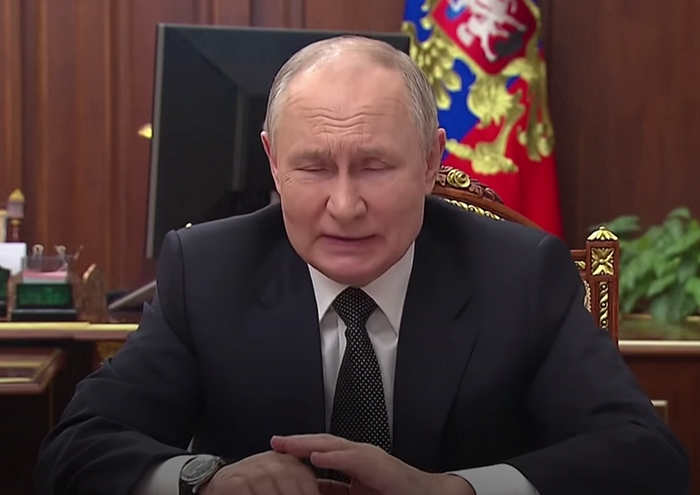The Perils of Nuclear Weapons in Space: A Tactical Misstep

In a recent CNN interview, renowned astrophysicist Neil deGrasse Tyson discussed the alarming report from The New York Times concerning the US intelligence community’s fears over Russia’s potential deployment of a nuclear weapon in space. This revelation has sparked a flurry of discussions among space and security experts about the tactical and ethical implications of such an action.
The Tactical Dilemma
The idea of deploying nuclear weapons in space is fraught with tactical challenges. Tyson, known for his eloquent explanations of complex scientific issues, likely dissected the strategic folly of this approach. Space, the final frontier, has long been a place of peaceful exploration, but the introduction of nuclear weapons could irreversibly taint this domain.
Space Debris and EMPs
One of the primary concerns with detonating nuclear weapons in orbit is the creation of space debris. The aftermath of such an explosion would result in countless fragments that could collide with satellites, space stations, and other orbital assets, leading to a catastrophic cascade effect known as the Kessler syndrome. Moreover, the electromagnetic pulses (EMPs) generated by a nuclear blast could wreak havoc on electronic systems on Earth and in space, potentially crippling critical infrastructure and communication networks.
International Law and the Outer Space Treaty
Deploying nuclear weapons in space isn’t just a tactical misstep; it’s also a violation of international law. The Outer Space Treaty, ratified by 109 countries, including all major space-faring nations, explicitly prohibits the placement of nuclear weapons or any other weapons of mass destruction in orbit around Earth, on the Moon, or on any other celestial body. This treaty represents a commitment to maintaining space as a peaceful and cooperative domain, free from the specter of nuclear conflict.
The Ethical Quandary
Beyond the tactical and legal considerations, there’s an ethical dimension to the militarization of space. As Tyson might argue, space should be a realm dedicated to scientific discovery and human advancement, not a battleground for terrestrial conflicts. The deployment of nuclear weapons in space would not only endanger current and future space missions but also threaten the very ethos of space exploration.
A Call for Responsible Spacefaring
In light of these concerns, it’s imperative for the global community to reaffirm its commitment to the peaceful use of outer space. Countries must work together to prevent the weaponization of space and to promote transparency and confidence-building measures that ensure space remains a safe and sustainable environment for all.
In conclusion, while the prospect of nuclear weapons in space may seem strategically advantageous to some, Neil deGrasse Tyson’s insights remind us of the myriad reasons why such a move makes no tactical sense. It’s a path fraught with danger, legal challenges, and moral repercussions — a path that humanity would be wise to avoid.
